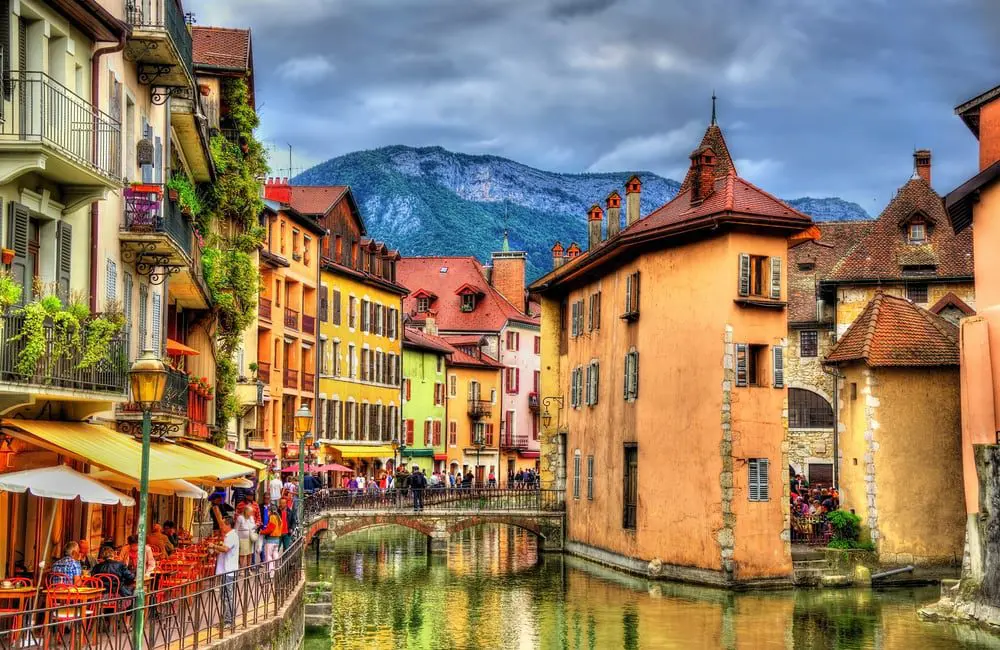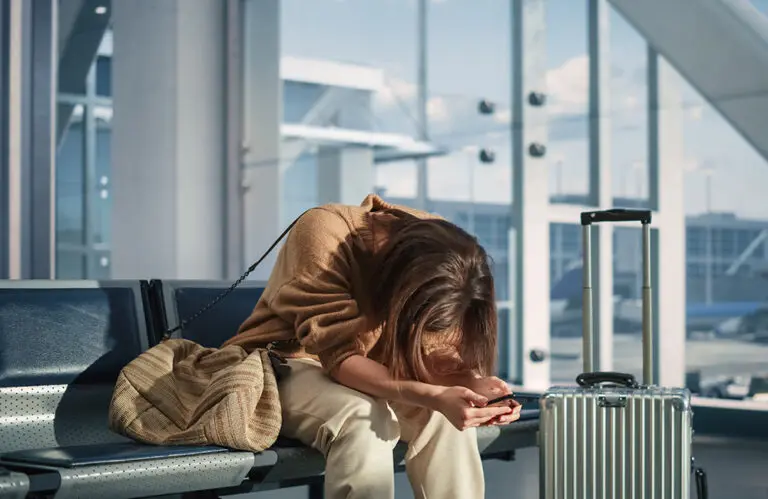Following a burst of violent acts of terrorism, France is facing tough times – can the world’s number one tourist destination weather the storm?
The country remains in an ongoing state of emergency following two extremist attacks last month. The latest events in Nice and Normandy come not long after the tragic attacks in Paris, so it’s unsurprising that many tourists are asking themselves whether it is safe to travel to the destination.
In its latest update, the Department of Foreign Affairs and Trade’s Smartraveller service advises Australians to “exercise a high degree of caution in France”.
“You should remain vigilant, follow the instructions of local authorities and follow the media for latest information on security,” it says.
Tourists in France will be protected by armed police and soldiers amid heightened beach security amid fears of further attacks targeted at holidaymakers.
One the one hand, the move offers reassurance, on the other, it stirs up concerns.
According to a study by travel intelligence firm ForwardKeys – which analyses about 14 million travel agent bookings daily – Paris has been the worst hit city in Europe in terms of a terrorism driven tourism slump with France suffering overall.
Last month, Air France-KLM warned of a sharp hit to earnings this year as a result of terror attacks, reporting a 5.2% drop in revenue for the second quarter year on year. The airline highlighted the “high level of geopolitical and economic uncertainty, increasing pressure on unit revenues and special concern about France as a destination.”
But the tourism industry isn’t taking these blows lying down, and is valiantly striving to revive the destination’s appeal.
Atout France deputy director Marc Humphries told KarryOn that the additional security measures implemented by the French Government will ensure the safety of visitors, with an FAQ sheet sent out to the travel trade to help them field any questions regarding security and safety.
The organisation is working hard to reassure Australian visitors, with Aussies the seventh most significant market for travel to Paris in terms of overall tourism spend, contributing 557,300 visitors in 2015.
“It is therefore reassuring that after a recent questionnaire sent out to our database, 91% of Australian respondents answered that they would return to Paris regardless and that 94% would travel to any other part of France,” Humphries said.
Nonetheless, he revealed that airlines and travel trade representatives had confirmed a decline in the order of -10% for this end of year.
“But France remains the number one tourist destination worldwide with 84.5 million visitors in 2015 and the objective is still to reach 100 million by 2020.”
Operators are supporting these efforts. French Travel Connection has launched a French waterways promotion to bolster sales of the destination.
AccorHotels, which attributed a recent 2% dip in global revenues to “crises and violent events”, is currently promoting Greater Paris to tourists worldwide through its #ParisWeLoveYou campaign in conjunction with SNCF and Ile-de-France authorities which launched in the wake of the November 13th 2015 attacks.
Meanwhile, APT managing director Chris Hall told KarryOn that Europe, and particularly France, lies under a cloud.
“France has been such a target but it’s such a beautiful destination so well visited by Australians and with a plethora of product available through the industry,” he said.
“So we really hope the Australian traveller continues to support France and we’ll be doing all we can to promote that destination given the amount of river cruise product and land tourism product we have there.”
However, Hall stressed ensuring travellers are kept well out of harms way remains a priority.
“That’s something that’s always front of mind when we’re looking at different destinations,” he added.
But these attacks weren’t specifically targeted at tourists – a fact which drastically reduces their long-term impact on tourism. Then there’s the widely held belief that travellers, and those of the Aussie variety in particular, are generally a “resilient” bunch. So perhaps even these most tragic of events won’t act as a deterrent for long.









